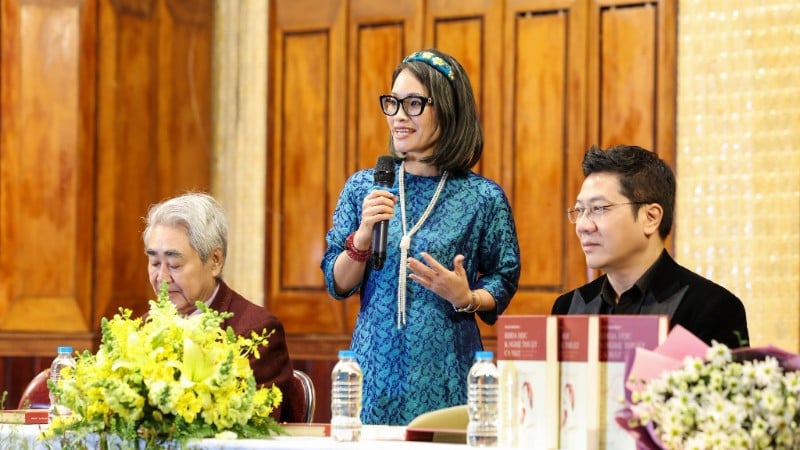
This is one of those rare occasions when an artist publishes a challenging scholarly work that questions vocal pedagogy in an age of science, empirical evidence, and lifelong self -education .
Nguyen Bich Thuy is an internationally successful opera artist currently living in the Republic of Austria - a major center of European academic art. She has had the opportunity to study, perform and research in a professional artistic environment with hundreds of years of tradition. These experiences have helped her affirm her position on stage, while also opening up a serious and profound approach to the field of vocal music research.
The book launch took place simply and warmly. On the small stage where chamber music concerts are held every day, today there were conversations about singing, vocal science and the tireless journey of an artist who wishes to contribute a brick to vocal training in Vietnam. The event also had the participation of many generations of teachers - the teachers who directly taught, supported and guided artist Nguyen Bich Thuy. The author also devoted many pages to thanking the teachers in the book.
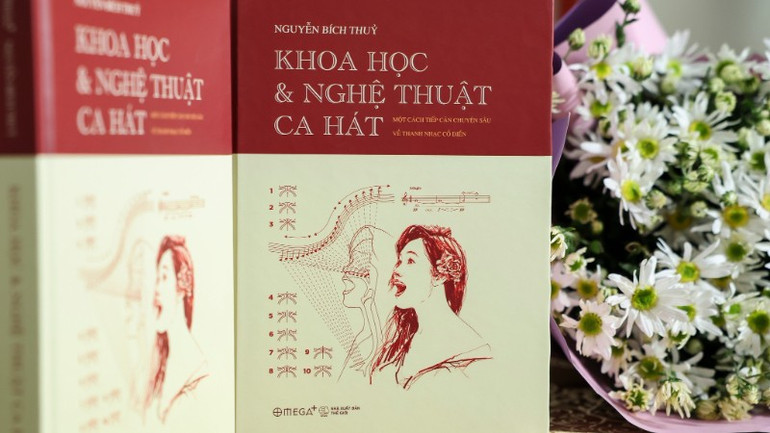
The work is not simply a specialized document on vocal technique but raises a fundamental issue: vocal education in the modern context requires more than knowledge... a correct understanding of the voice, teaching methods and above all, professional responsibility.
The author begins by quoting Richard Miller - the icon of world vocal pedagogy: The task of a singing teacher is nothing more than "analyzing vocal problems and designing appropriate solutions". The statement seems simple but contains philosophy: Teaching vocal music is not oral transmission, nor is it copying immutable formulas, but a process of observation, analysis, explanation, and adjustment based on a scientific foundation.
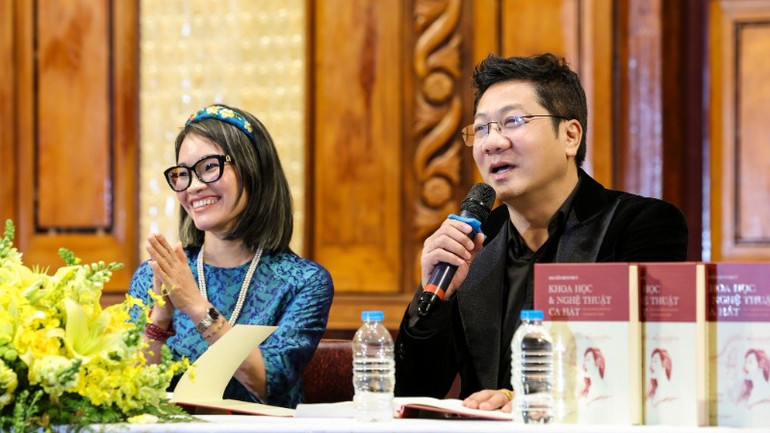
With that approach, Nguyen Bich Thuy raises the question: If in the past, people learning to sing relied largely on intuitive simulation, today, the development of anatomy, vocal mechanics, acoustics and performance psychology has allowed us to understand singing with precise scientific bases. This does not erase the artistry, but on the contrary, "helps the art of singing return to the most natural essence of human beings".
In the preface, the author explains why opera, the pinnacle of the singing art, requires systematic study. Opera is a sophisticated system of techniques that includes: breath control, expanding the vocal range, refining the timbre, improving flexibility, correct pronunciation, and cultivating muscle memory through practice.
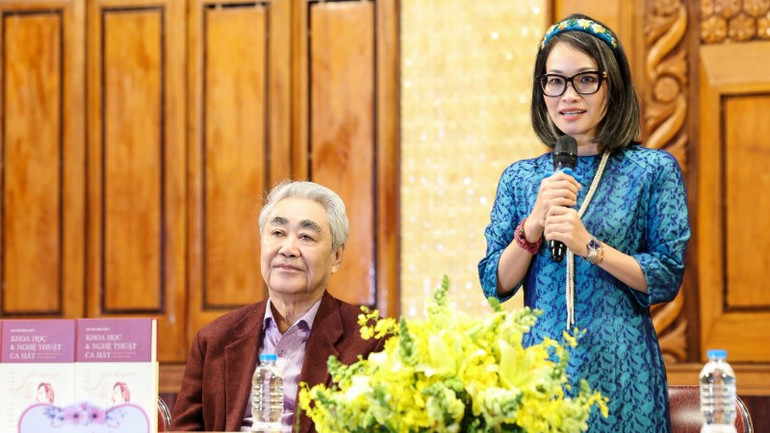
Many people may not imagine that classical singing techniques have developed over centuries, from the time of Bel Canto to the Italian, German, French schools... and today, are illuminated by modern medical research and acoustic technology. With scientific quotes and analysis from researchers such as Richard Miller, Jame Stark, Robert Sataloff, Ingo Titze, Sundberg... the book helps learners understand "why we must sing like that".
The author affirms: Although musical styles change, core techniques such as: Chiaroscuro, Appoggio, messa di voce, agility, portamento, natural vibrato or vowel modification... remain irreplaceable foundations. "All roads lead to Rome" - as the author repeats the metaphor, it can be understood that all training systems in the world, although different in aesthetics, return to the basic principles of natural singing.
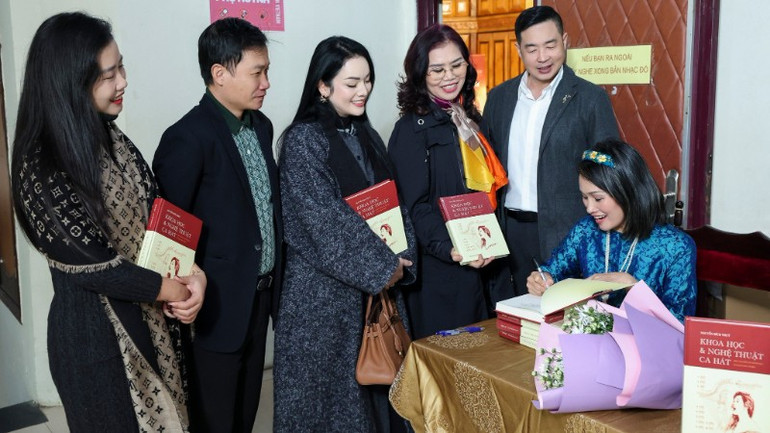
The most important part of the book, which is also highly appreciated by experts, is that the author does not stop at analyzing the vocal structure, but focuses on scientifically based vocal training methods.
The book chapters go into detail on: the vocal tract and its opening and closing mechanisms; the respiratory system and its operation in singing; the concepts of head voice, head voice, and falsetto; the mechanism of breath-sound-resonance coordination; classical vocal schools and the formation of technique; the German Fach system for determining vocal types.
These are topics that many Vietnamese vocal music students have approached in a fragmented and unsystematic way. The book provides a focused, scientific and organized view, helping teachers have more data, students have more awareness and researchers have more materials.
Many experts believe that the book can become a bridge between Vietnamese classical music and international systems, especially in the context of music schools shifting towards international standards.
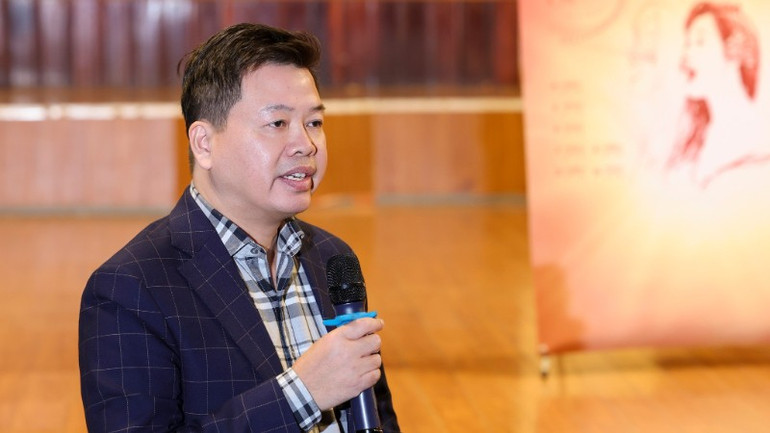
Dr. People's Artist Do Quoc Hung, Director of the Vietnam National Academy of Music, shared: "Artist Nguyen Bich Thuy's book is the result of a process of persistent, serious and sincere research, comparison and contemplation. It includes in-depth techniques that are very useful for vocal training in general and opera art in particular in Vietnam today."
People's Artist Do Quoc Hung believes that artist Nguyen Bich Thuy also takes readers into the depths of culture, history, ideology and artistic philosophy of singing, especially Western classical singing. The author shows an understanding of the major schools of world vocal art, from the Italian Bel Canto style to modern German singing techniques and trends of pedagogical innovation in contemporary Europe.
In this book, readers will find an approach that is both scientific and emotional. The highlight of the work, besides the systematic and tightly organized content, is the ability to express musical thinking in a coherent, simple language, not fussy about form but rich in artistic emotion and professional strength.
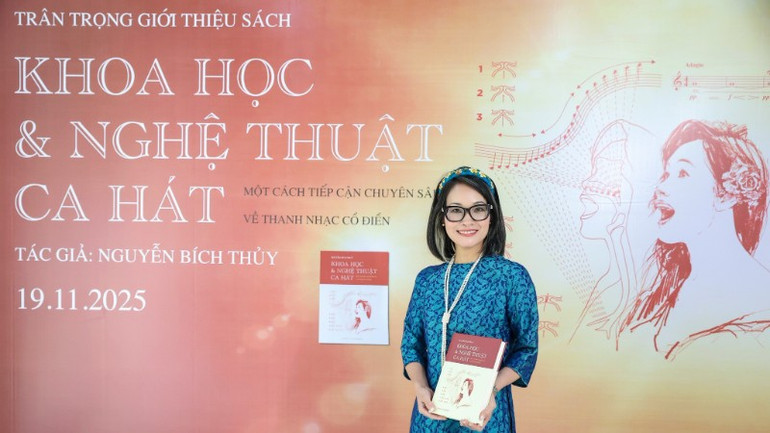
Nguyen Bich Thuy writes as a person who has performed successfully on the opera stage at home and abroad, and as a teacher with teaching experience in many prestigious training environments. Those experiences are the basis for the arguments in the book to become trustworthy, profound, open-minded, dialogic and integrated.
The Director of the Vietnam National Academy of Music hopes that the book will be a trusted companion for many generations of lecturers and students, become a valuable source of information for those pursuing a professional vocal art career and be a bridge for Vietnamese classical singing to reach increasingly higher standards in the contemporary art stream.
What moved the audience at the launch was the way artist Nguyen Bich Thuy dedicated solemn pages to express gratitude to her teachers. During her many years of studying and performing, she received guidance from previous generations of teachers - those who silently passed on the passion for the profession.
The author also shared that the book is a gift for her family, especially her father - who gave her the motivation to overcome the most difficult stages of her research journey and complete the manuscript. This makes the book, although academic in nature, still retain the warm, close feelings, containing the emotions of an artist.
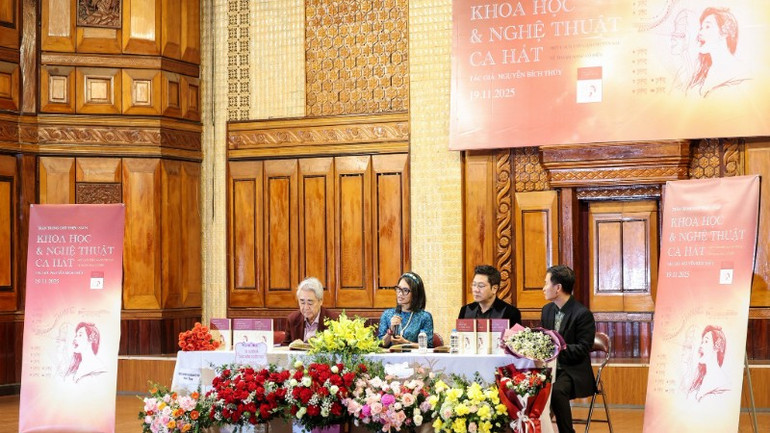
One of the core ideas of the book is the notion that education is not about creating “perfect but soulless copies.” What education is really about is self-education—the ability of the artist to develop himself throughout his life.
Accordingly, teachers, in addition to imparting knowledge, also play an important role in building a foundation for students to develop themselves later. The voice, no matter how well trained, must be nurtured with thinking and a sense of responsibility for art. The book emphasizes that the process of vocal training is a journey of self-discovery - where science, art and emotion blend.
This is also the message sent to the younger generations: the progress of Vietnamese music cannot rely solely on natural talent but requires a generation of artists who understand the true nature of the voice, know how to preserve and develop it with a scientific foundation.
Opening the door for learners to find a modern approach, the book also contributes to re-establishing the position of classical vocal music in Vietnam's musical life - a field that requires seriousness, researchers, dedicated artists, and talented and hard-working artists like Nguyen Bich Thuy.
Source: https://nhandan.vn/ra-mat-sach-khoa-hoc-va-nghe-thuat-ca-hat-mot-cach-tiep-can-chuyen-sau-ve-thanh-nhac-co-dien-post924261.html










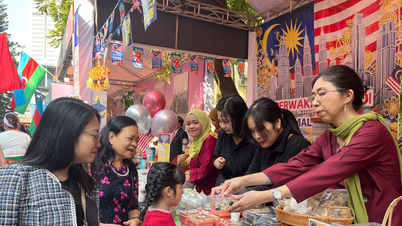

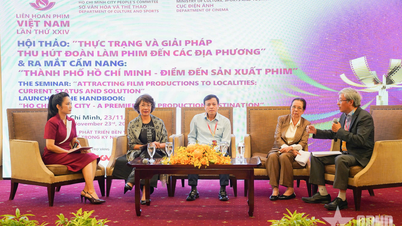

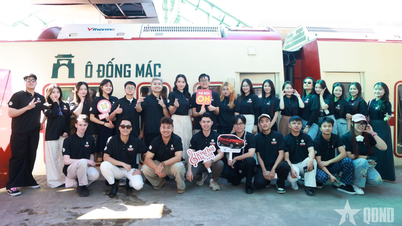
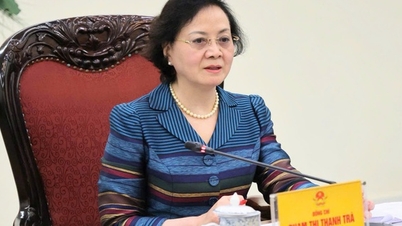

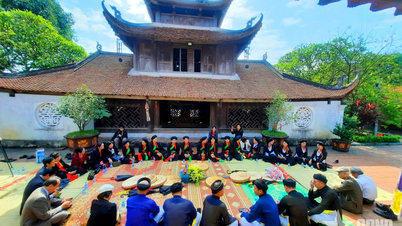




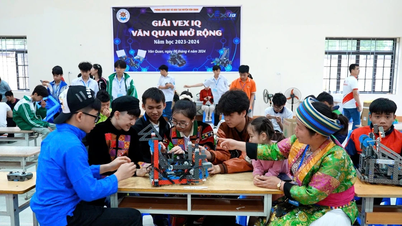
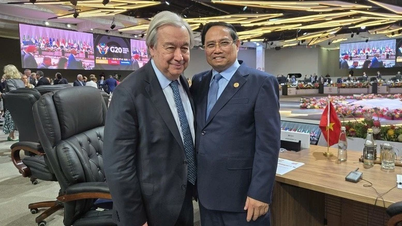
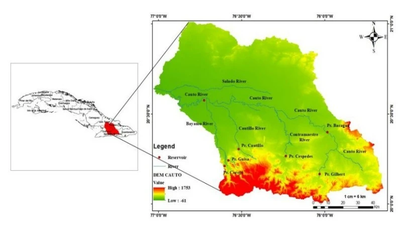
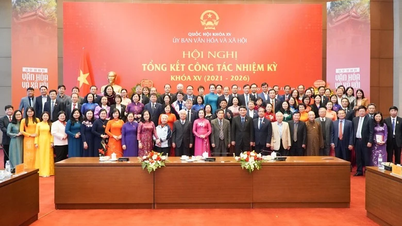
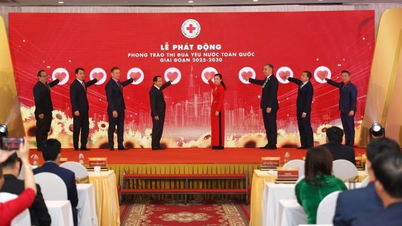


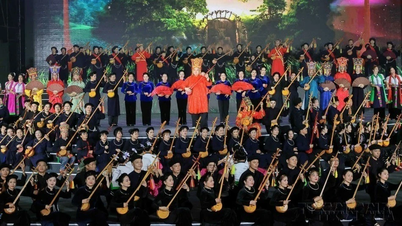



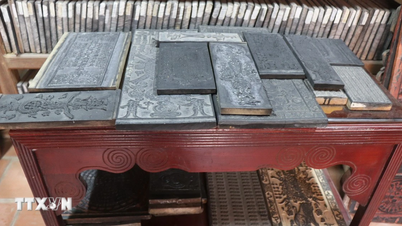

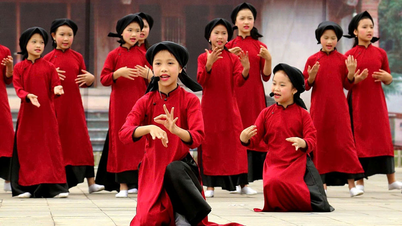
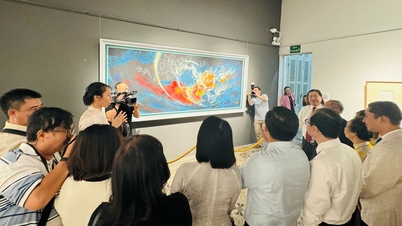





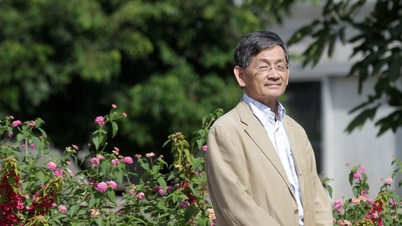

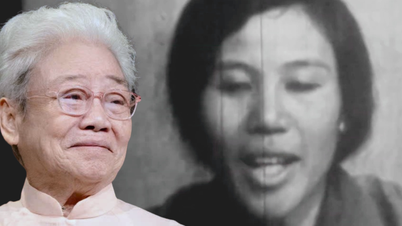

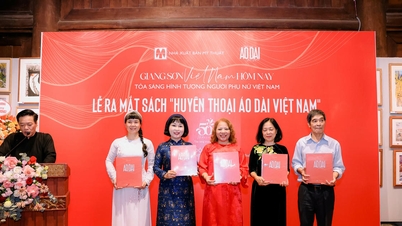

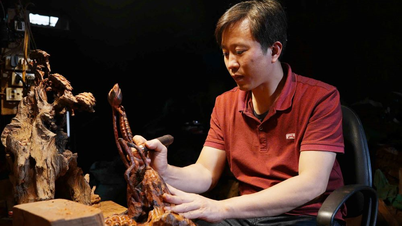















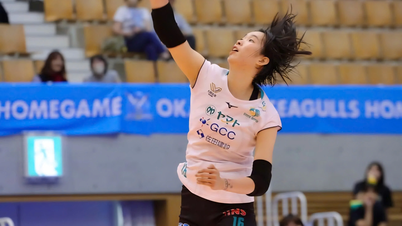
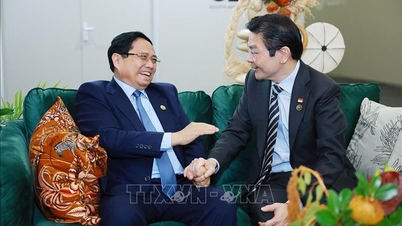


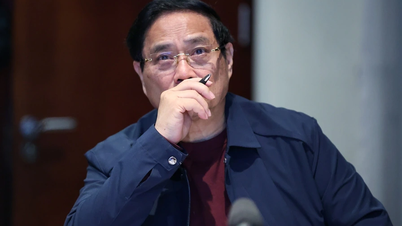
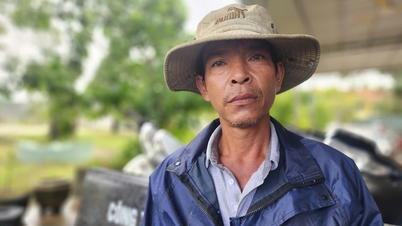
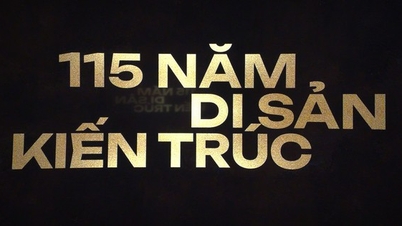


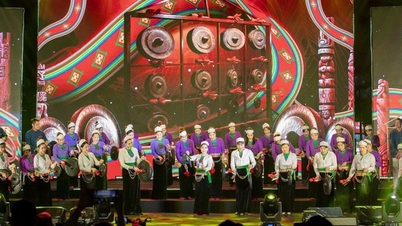



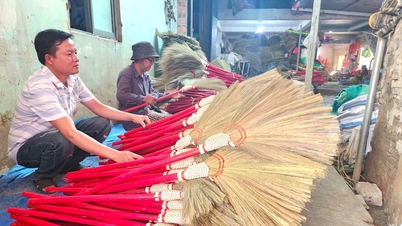

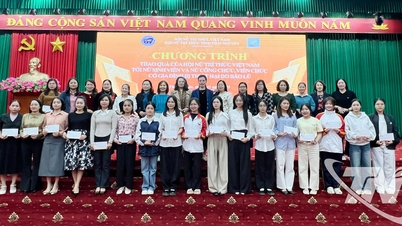

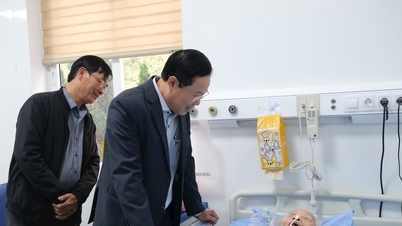

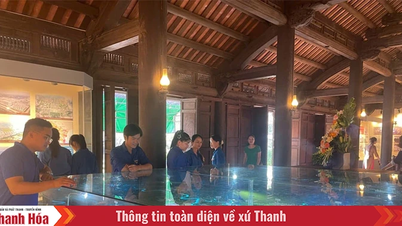

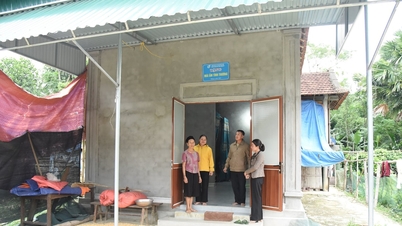

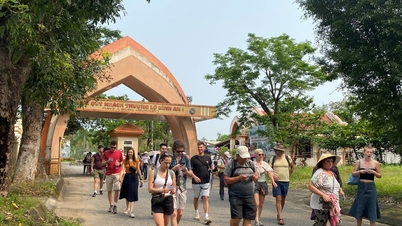











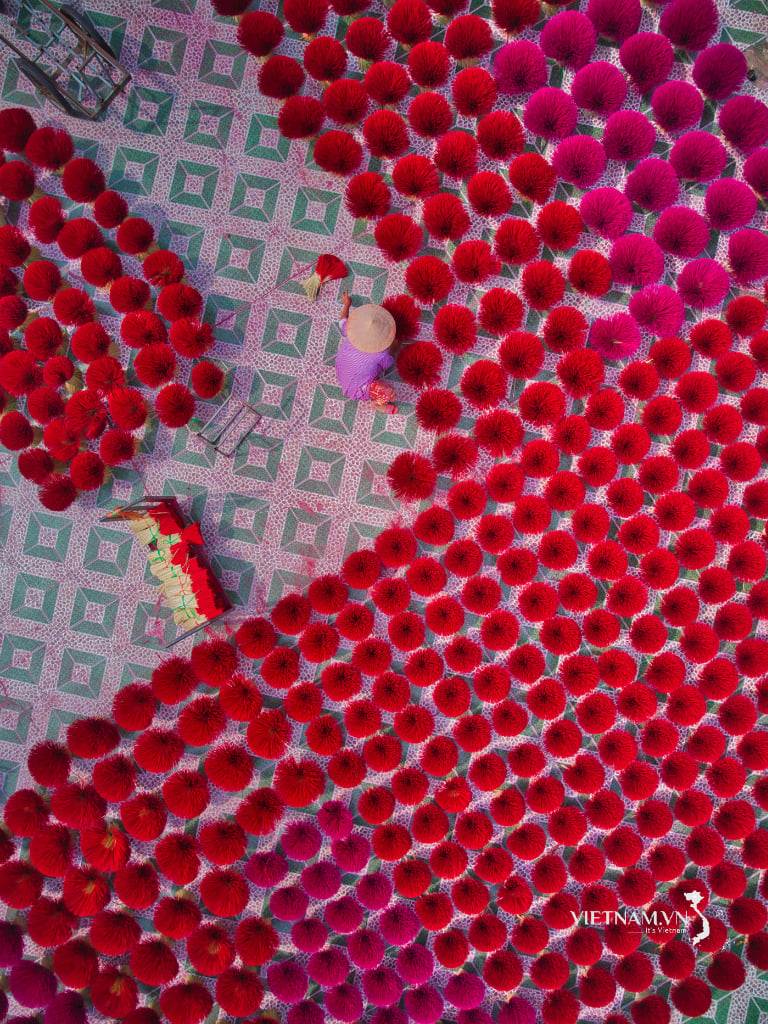


Comment (0)